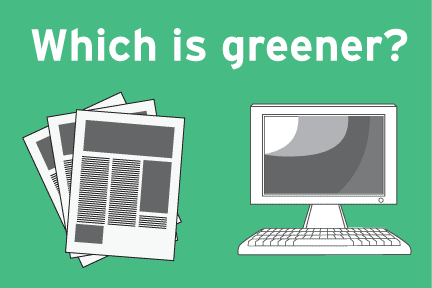After reading Xinyu Liu’s blog about wechat, it is quite impressive to see the growth of wechat in these few years and I agree with her that there has been a huge communication revolution in China between wechat and China Mobile, China Unicom.
Wechat appears to be an amazing app, people are able to chat with friends just by pressing a button and speak, video call and group conversations are also available, there’s even games and your own page where you can share your thoughts and interesting things with your friends. Moreover, it might be surprise to you that you can look around people who are using this app, knowing new friends by just simply shaking your phone and share your thoughts in a form of drift bottles. Last but not least, wechat is a highly security apps, in order to add someone as friend, you have to know the ID or phone number of that person, it is not even possible for you to see friends’ friends.
After wechat emerged, the two chinese mobile companies, China Mobile and China Unicom had lost more than 50 percent of their original income from instant message services. Many people think that the launch of wechat is a huge threat to the mobile companies, however, I personally think all of them gain benefits. Although the income from instant message decreases, using wechat requires wireless network, therefore, the demand of 3G, wireless services would increase steadily. This is actually win-win trade between them.
Sources:








Recent Comments